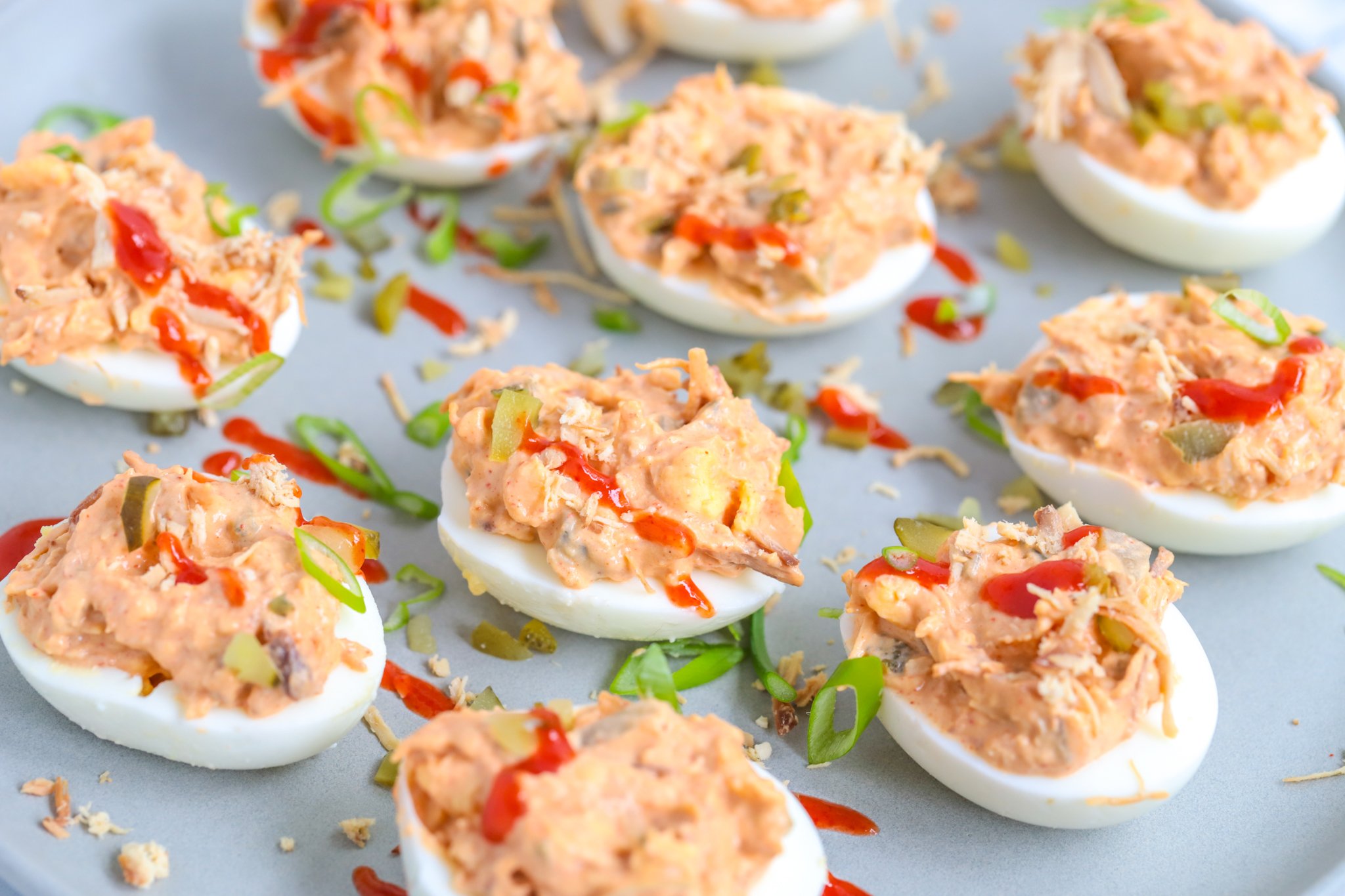How You Can Reduce the Effects of Stress
We all experience stress at different times in our lives. And while you may not be able to explain why certain situations stress you out, you know the symptoms when you feel them. Heart racing. Dry mouth. Sweaty palms. Tense muscles.
It’s not coincidence – your brain (well, the part of your brain known as the hypothalamus) is gathering information and sending out the stress hormones known as cortisol and adrenaline. Our bodies were designed to react this way to certain situations that signal danger, and trigger a fight-or-flight response so you can “run from the bear.”
Studies also show that psychological stress increases our body’s production of cytokines, which can have a domino effect on inflammation and diseases such as arthritis, heart disease, and even cancer.
If you are stressed day after day, feeling like you are constantly “running from the bear,” the continual release of stress hormones can be harmful to your health. It can:
Raise your blood pressure
Restrict blood flow
Contribute to weight gain
Disrupt sleep
Interfere with digestion, causing stomach distress
Produce acid reflux
Lead to headaches, backaches, other muscle aches
Weaken your immune systems
What you eat affects your body’s stress response
Do you eat more comfort food when you’re stressed, or do you lose your appetite? Both of these are common responses to stress and can deplete your body of the nutrients you need.
Fortunately, small lifestyle changes and the right food choices can help to reduce your stress symptoms and the impact stress has on your body. Below, I’ll share a few that show a lot of promise in both long-term and recent studies.
Omega-3s provide your body with a powerful anti-inflammatory effect. This can improve blood flow, reduce muscle aches, and help keep your immune system strong – all areas that are jeopardized when we’re stressed. Our bodies don’t produce Omega-3s, but there are many ways to get it (see list below). Plus, studies show that fish oil – a good source of Omega-3s – may actually reduce stress and anxiety. Try two tablespoons in your morning smoothie! The top sources of Omega-3s are:
Flaxseed Oil (7.3g per Tbsp)
Chia seeds (4.2g for 2 Tbsp)
Flaxseeds (3.5g for 2 Tbsp)
Walnuts (2.27g for 1/4 cup)
Salmon (2.09g for 4 oz)
Sardines (1.36g for 3.25 oz can)
Navy beans (1.19 g per 1 cup)
Halibut (0.62g for 4 oz)
Anchovies (.597g for 1 oz)
Lentils (.48g per 1 cup)
Snapper (0.36g per 4 oz)
Scallops (0.35g per 4 oz)
Spinach (.352 g per ½ cup)
Eggs (.225g per egg)
Vitamin E. Recent studies show that Vitamin E can help reduce anxiety and depression. It also has a positive effect on blood flow. Good sources of Vitamin E include:
Sunflower seeds
Almonds
Spinach
Avocados
Plant-based foods. I’ve long been an advocate of eating more vegetables, for a variety of health reasons. Here’s one more! These foods are high in polyphenol. Polyphenols are antioxidants, which help boost the immune system, fight cell damage (i.e., cancer), reduce inflammation, and help prevent the risks associated with heart disease and obesity. There are several types of polyphenols, such as flavonoids and lignans. Some top food sources of polyphenol include:
Virgin olive oil
Blueberries, blackberries, strawberries, cranberries, apricots
Onions
Spinach, artichoke, asparagus, broccoli, carrots
Green and black olives
Black beans
Chestnuts
Almonds, hazelnuts, walnuts, pecans
Flaxseed
Of course, lifestyle also plays a big part in managing stress. Getting good sleep, exercising regularly, and incorporating deep breathing, yoga, meditation, and/or talk therapy can make a huge difference.











